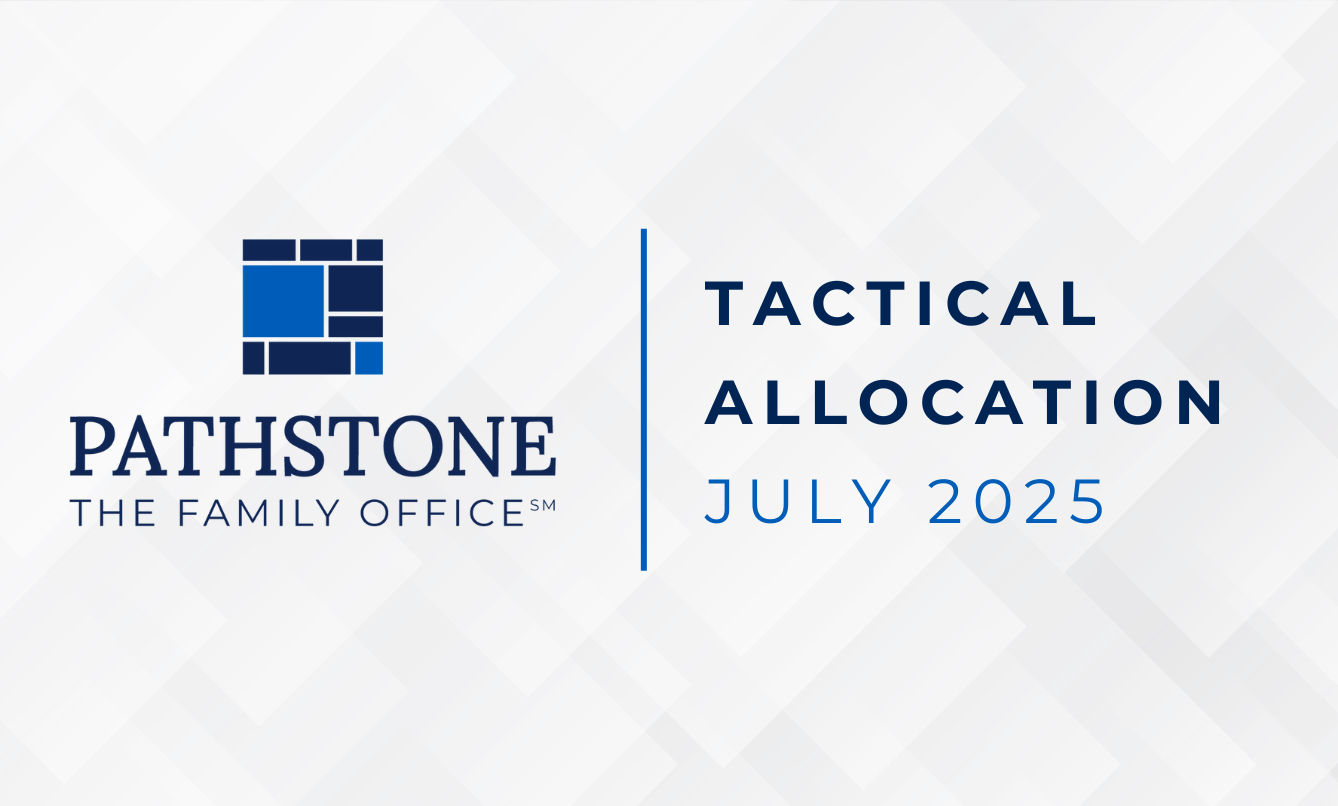When we consider the health of our families, one topic that doesn’t necessarily come to mind – but should – is the health of our estate plan. Just as we age and change over time, so do our estate planning needs. If it has been more than a few years, it is probably time to dust off those documents for a routine examination. While life events usually remind us or trigger assessing /reassessing our planning, the mere passage of time and changing laws can unknowingly re-write and reapportion our intended outcomes. The following highlights five common issues we encounter when working with families that might have skipped a few too many of those important estate plan check-ups.
1. You executed your documents in one state and have since relocated
Each state has its own requirements for how to properly execute a will, its own property laws, and may even have its own estate or inheritance tax in addition to the federal tax. Upon relocating, it is essential to re-evaluate the efficiency and effectiveness of your documents under the laws of your new state of residency.
Will formalities often vary state-by-state and your new state may require additional procedures, such as multiple witnesses at execution, varying degrees of witness independence, affidavits, or notarized witness and testator signatures. Updating your documents to incorporate these state-specific requirements can avoid unforeseen future challenges during probate and can ease the estate administration process for your heirs.
There is also the matter of probate itself. The process and fees vary by state and it is more desirable to avoid probate in some states than others. If you were using a will in your prior state, you might want to consider incorporating a revocable trust in your new state. Also, if you retained real property in your prior state and now own a home in your current state, you may be subject to estate probate in both locations. Restructuring ownership of out-of-state real property can help avoid this often complex and expensive outcome.
The character of the property you own may also be affected by the laws of a new state and thereby unknowingly change your overall estate distribution plan. You may have moved from a community property state to a separate property state, or vice versa, and this move across state lines may affect which spouse’s will ultimately controls how assets will be distributed.
2. Your named Personal Representative /Guardian/Trustee is no longer appropriate
You should periodically review the individuals who you have named to serve various roles in your estate plan and consider your relationship, their capacity, and their current location relative to your family. If your Personal Representative (also called Executor) lives out of state, administering your estate may be more complex, costly and burdensome. Among other things, he or she would be responsible for gathering and securing all your assets, including personal and real property, so extensive travel may be involved. The same is true for the named Guardian(s) for your minor children. He or she may incur significant time and expense traveling for court appearances in your state and ultimately coordinating the logistics of moving your children to their home state.
Your appointed Representatives may need to be changed for reasons other than just location. We often encounter clients that have named a business attorney or the family business CFO as Personal Representative. Fast forward twenty years, beyond the sale of the business and into retirement. Clients may have little or no ongoing relationship with these former key advisors. They too are often retired, disinterested, or even deceased. In any event, they are often non-longer the appointee of choice. Revisiting and rethinking which trusted friends, family members or professional advisors are most appropriate in these important roles, both today and in the future, is an essential step in maintaining a healthy estate plan.
3. You have significant retirement account assets and are leaving them to a trust
Trusts written prior to 2020, including those created under common will provisions, usually direct that any retirement account required minimum distributions (RMDs) must be distributed out to the trust beneficiaries as collected. This was a tax-advantaged strategy appropriate when inherited IRAs could still be distributed out over the lifetime of the beneficiary. However, under the 2019 SECURE Act, inherited retirement accounts must now be paid out fully within 10 years. Left unchanged, this new 10-year rule will force trusts with these flow-through distribution provisions to fully pay out the retirement account to the beneficiary (i.e. your children) within 10 years. While this may be appropriate in some cases, in our recent experience most clients prefer smaller annual distributions to heirs. Reworking these trust provisions can provide both the trustee and beneficiary much greater flexibility in managing their investment, cash flow and income tax planning needs.
4. You are unintentionally overfunding your credit shelter trust
Many estate plans prioritize fully fund a credit shelter trust at the first spouse’s death with an amount equivalent to the available estate tax exemption. These trusts are typically designed for the primary benefit of children or descendants, and not the survivor spouse (although they may also be named as a discretionary beneficiary). With the current historically high estate tax exemption, a first-to-die spouse who owns less than $11,700,000 of assets could unintentionally be directing 100% their assets into such a trust. Where the deceased spouse owns the majority of the couple’s wealth as separate property, the surviving spouse may find all the couple’s wealth flowing into a credit shelter trust, overseen and controlled by a trustee. Poorly coordinated asset titling and unmonitored trust funding language has the potential to both overly divest and/or overly complicate trust administration for the surviving spouse. Where a surviving spouse (sometimes a remarriage) ends up sharing comingled trust assets with children or stepchildren, this result also has the potential to create family tension or even conflict.
Given the portability of the federal estate exemption, spouses may want to consider leaving some fixed amount or percentage share of the couple’s assets outright or in a marital trust for the sole benefit of the surviving spouse. While this might not optimize usage of the federal estate tax exemption at the first spouse’s death, it may be just what the doctor ordered in providing a simple, flexible solution and easily accessible funds for the surviving spouse.
5. You are passing wealth outright to heirs and potentially wasting the creditor protection and multi-generational planning benefits that trusts can provide
Although we have historically high estate and generation skipping tax exemptions, these are scheduled to sunset in 2026 – if not sooner under new proposed legislation. While a couple’s combined balance sheet may currently fall below these exemption amounts, the assets your children inherit may continue appreciating as future estate exemption amounts remain flat or decrease. This means that your children may eventually have a taxable estate. Utilizing well designed trusts, rather than gifting or bequeathing outright, may shield not just your children, but future family generations from a potentially more punitive future transfer tax system.
Additionally, lifetime or estate planning with trusts can also provide a level of asset protection for your heirs, potentially preserving family assets from personal, business and marital judgements, predators or creditors.
The five scenarios highlighted above represent just a few of the many issues and opportunities a regular estate plan check-up might help identify and remedy. So whether it’s been a few too many years, or a few too many decades, regularly revisiting your estate plan is an important and healthy exercise. The Pathstone advisory team is happy to help facilitate a review and assist you through this process; contact us if you would like to continue the conversation.
Please see the PDF version of this article for important disclosures.








